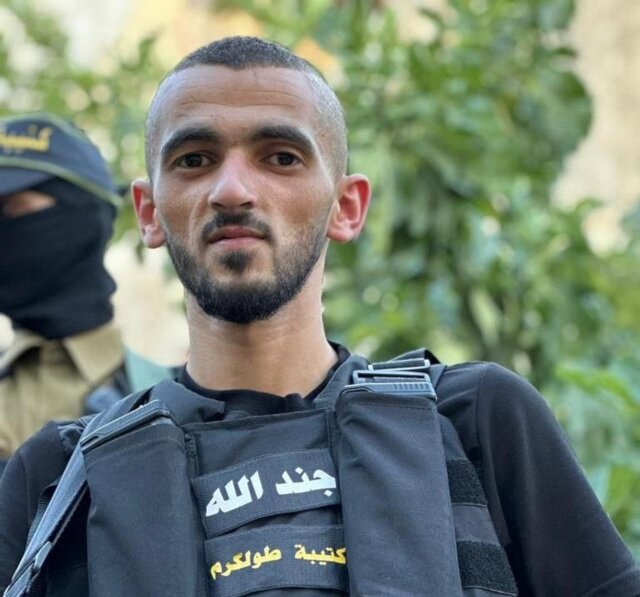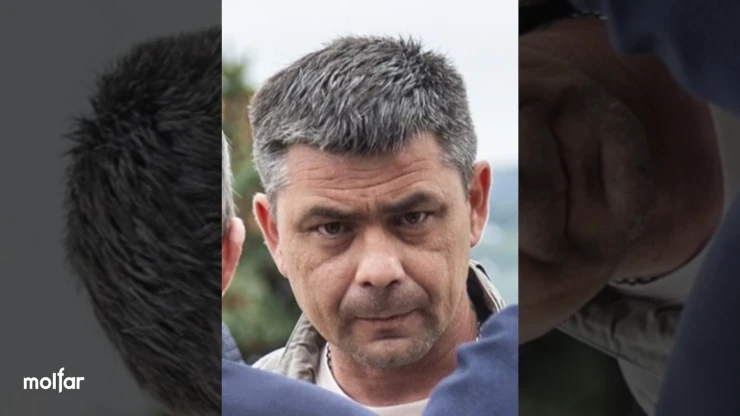Indonesia Arrests Last Fugitive Leader of 2002 Bali Bombings
Indonesia Arrests Last Fugitive Leader of 2002 Bali Bombings
On December 10, the Indonesian National Police’s Densus 88 counterterrorism force arrested Aris Sumarsono, better known as Zulkarnaen, in Purbolinggo, in the East Lampung province of southern Sumatra. Zulkarnaen is the military commander of Jemaah Islamiyah, and has been on the run for 18 years since having a prominent role in the planning of the infamous 2002 Bali bombing, which killed over 200 people (Jakarta Post, December 15, 2020).
Zulkarnaen was born in 1963 in the regency of Sragen, in Central Java province. A gifted student, he reportedly graduated in the top five of his class in biology and took a position the Gadja Madah University. However, from 1975 to 1981 he attended the Islamic boarding school, al-Mukmin, which became infamous for producing jihadists. There, he came into contact with Jemaah Islamiyah founders Abdullah Sungkar and Abu Bakar Baasyir. Zulkarnaen quit his job at the university to be among the first Indonesians sent by Sungkar to Afghanistan for military training in the mid-1980s (Asia Times, December 14; Rewards for Justice, May 12, 2005).
Then a member of the Darul Islam-Negara Islam Indonesia (DI-NII) extremist group, formed in the 1950s to fight for the creation of an Islamic state in Indonesia, Zulkarnaen eventually became the head of a training camp in Afghanistan for fighters from Southeast Asia, called Camp Saddah. He led the training camp for approximately a decade (UN Security Council, April 17, 2019). Zulkarnaen joined the new Jemaah Islamiyah group when it was founded in 1993 as a splinter organization from DI-NIII. He departed Afghanistan in the 1990s, as the civil war there worsened. He temporarily settled in the Malaysian town of Raub in the late 1990s, before returning to Indonesia in 1999 alongside Sungkar and Baasyir, who had stayed out of the country for 17 years out of fear of arrest by the dictatorial Suharto regime (Asia Times, December 14).
In the 1990s, Jemaah Islamiyah’s leadership authorized Zulkarnaen to organize a group of fighters, known as Laskar Khos (meaning special force). Made up of approximately 300 Indonesians who received training in Afghanistan and the Philippines, the group was sent to Poso, Central Sulawesi province, and the island of Ambon, Muluku province between 1998 and 2002 to take part in a sectarian conflict that was raging there, and which eventually killed 6,000 people (Straits Times, December 13, 2020).
Zulkarnaen and Laskar Khos were also involved in the Bali bombings that rocked Indonesia in October 2002. Killing 202 people and injuring 209, Zulkarnaen held a key planning role in the attack and is suspected of having made the bombs that were used (UN Security Council, April 17, 2019; Straits Times, December 13, 2020). Zulkarnaen was also reportedly involved in bombings in Jakarta that hit the JW Marriot Hotel in 2003 and the 2004 Australian Embassy bombing. Zulkarnaen was also reportedly involved in the December 2005 bombings in Bali and additional bombings in Jakarta in July 2009. Zulkarnaen ascended to the position of operations chief following the arrest of his predecessor Riduan Isamuddin in Thailand in August 2003 (UN Security Council, April 17, 2019).
Zulkarnaen has been on the run since the Bali bombings, evading capture by Indonesian forces for over 18 years. He was sanctioned by the U.S. State Department in May 2005 for his position within Jemaah Islamiyah’s central command, and by the UN Security Council in the same year (treasury.gov, May 12, 2005; UN Security Council, April 17, 2019).
Zulkarnaen’s arrest marks the end of an era for Jemaah Islamiyah. Zulkarnaen was one of the only remaining leaders of the group involved in the 2002 Bali bombings to still be alive and not imprisoned. Upik Lawanga, another senior Jemaah Islamiyah leader and bombmaker involved in the 2002 Bali bombings, was arrested on November 23, 2020 (Jakarta Post, December 15, 2020). The group’s founder, Baasyir, has been released from jail, but his advanced age and poor health, combined with intensive counterterrorism missions by Densus-88, makes it unlikely that he will lead any new jihadist efforts.
With the old guard of Jemaah Islamiyah either dead, in prison or too old for active leadership, Indonesia is likely to see the rise of a new generation of Islamic State-oriented jihadists, as opposed to the insurgents of Zulkarnaen’s generation who came of age with the Afghan jihad and were loyal and connected to al-Qaeda (see Terrorism Monitor, February 12). Signaling this change, in August 2014 Baasyir, long affiliated with al-Qaeda, swore an oath of loyalty to then-Islamic State leader Abu Bakr al-Baghdadi (Jakarta Post, August 13, 2014). The Islamic-State linked East Indonesia Mujahideen (MIT) group were responsible for an attack on a remote village in Indonesia’s Central Sulawesi province, killing four Christians and burning six buildings, including a home that was used as a church by the local community. Central Sulawesi continues to see conflict between government security forces and MIT insurgents (Benar News, March 2).
Indonesian insurgents affiliated with both Islamic State and al-Qaeda continue to gain from the loose maritime borders between Indonesia, Malaysia and the Philippines in the Sulu and Celebes Seas. On February 20, the police commissioner of the Malaysian state of Sabah warned that the region could see attacks reminiscent of the 2002 Bali bombings if nothing is done to curb militant activity in the state. The comment highlights the continuing threat of terrorism in the region, as loose maritime borders allow extremists from Indonesia, likely including those once overseen by Zulkarnaen, to use the ungoverned areas of Sabah state as a springboard to reach the Philippines, where they are able to acquire weapons and training from extremists in the country’s Mindanao region and Sulu archipelago. The police commissioner specifically cited Jemaah Islamiyah as using these routes. He stated, “They usually come from Indonesia and enter Sabah’s east coast through Tawau, before moving on to the Philippines…There (in the Philippines), they are provided various training, such as in firearms use, bomb-making and combat situations” (Daily Express, February 20).
Furthermore, Indonesian police recently released footage from a laptop seized during Zulkarnaen’s arrest. The video showed training camps where Jemaah Islamiyah recruits were receiving weapons training and practicing kidnapping and ambush tactics. A police spokesman said that the footage showed training camps running in 12 different locations. The footage was reportedly taken between 2013-2018, and the trainees shown were allegedly sent to fight in Syria after completing their training (SBS News, March 1). The return of fighters to Indonesia continues to be a security risk to the country.
The hideout where Upik Lawanga was arrested in November was also found to have a bunker containing weapons and bombmaking equipment, raising speculation in the Indonesian media that Jemaah Islamiyah was plotting a new series of attacks (al-Jazeera, January 7).
The Indonesian police and the Densus-88 force’s arrest of Zulkarnaen is the latest in a string of successful security operations against Jemaah Islamiyah. Indonesian security forces have arrested over 30 militants linked to Jemaah Islamiyah in the past year and has shown success in breaking up terrorist cells. The group has been evolving in order to survive, however, with recent reports showing that Jemaah Islamiyah has been using charity boxes at mini-markets to illicit funds from an unwitting public, recruiting new members from universities and publicly pushing its sectarian ideology (al-Jazeera, January 7; Straits Times, January 2). Zulkarnaen has been an active leader of the group for decades, and though the security environment in the country has drastically changed during that time, a new generation of fighters will continue to be a threat to Indonesia and the wider region.


